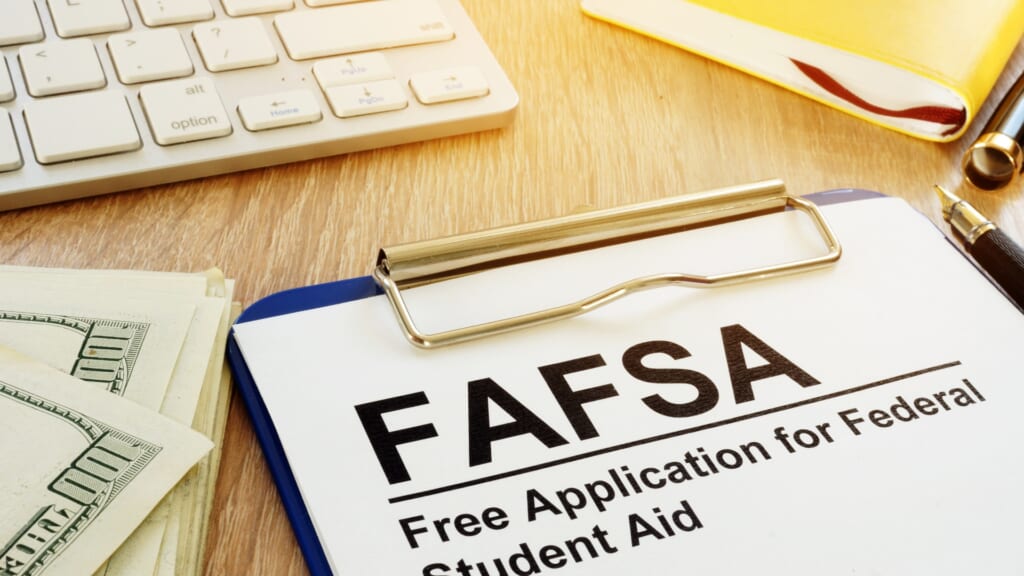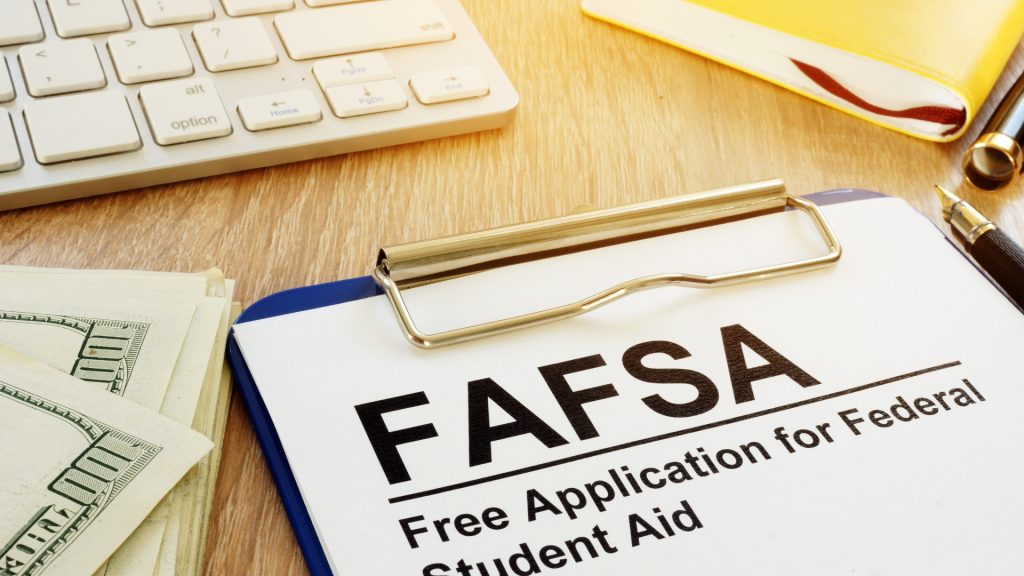Black college students more likely to be audited when applying for financial aid, analysis finds
FASFA applications from students in Black communities were 1.8 times more likely to receive an audit compared to applicants from predominantly white neighborhoods
Black college students are being audited at higher rates than white and Latino students.
After reviewing records from the Department of Education, The Washington Post discovered that when Black students submitted a Free Application for Federal Student Aid (FAFSA) their application was more likely to receive an audit.
Without a FAFSA, students cannot qualify for a myriad of financial aid programs offered by the government, including the Pell Grant, which is focused on lower-income students.
Read More: Beyond Gorilla Glue: The politics of Black women’s hair
“If we get students to continue down the path to keep their options open for college, hurdles and barriers like verification can so easily knock them off that path,” said Kim Cook, director of the nonprofit National College Attainment Network.
The publication evaluated records from the 2019-2020 school year and discovered a quarter of the 18 million FASFA applications were audited. To add context, the IRS audited less than a half of a percent of tax returns last year.
FASFA applications from students in Black communities were 1.8 times more likely to receive an audit compared to applicants from white neighborhoods, though applicants from Black neighborhoods only make up 4% of the total applications.
“It’s very stressful,” said Brayneisha Edwards, 20, who second-guessed if she was even ready for college after she received a notice that she was to be audited over the summer. Due to the long audit process, Edwards, a sophomore at St. Louis’ Maryville University, missed out on scholarship opportunities and was first unable to register for spring classes in time.

“My grades are suffering. I have all of these doubts about am I even going to finish college. My parents didn’t go to college and they are trying to help, but this is new to all of us,” Edwards told the Post. Once her verification cleared, Edwards, with the help of her student financial aid office was ultimately able to register.
Students targeted more often are likely to be applying for Pell Grants with a family contribution of zero, the Post report says. The $120B grant program often makes up the shortfall between college-based aid and student’s ability to pay. The Pell Grant was maxed at $6345K for the 2020-21 academic year but can still make the difference between a student being able to afford higher education or not.
Thousands of students don’t complete the grant application process. The Department of Education says it’s about 11% but those well-versed in student financial aid say the loss could be up to 25%.
Read More: NY officer to be fired for saying ‘Blacks are the worst f***ing race’ on camer
The DOE is unclear about how it decides which applicants will receive an audit. It says it uses “machine learning” that hones in on applications that have a high probability of errors.
One good sign for the future is that students and their parents will no longer have to self-report income as a bill was signed last December to allow for that information to come directly from the IRS. In the recent past, there has been no indication that increased auditing prevents more fraud.
Yet the process remains arduous to students already struggling with college affordability.
“We ask students — often those most vulnerable and marginalized by the inequities in our systems — to prove over and over again they need the money for college,” Theresa Steinkamp, advising director at the nonprofit Scholarship Foundation of St. Louis, told the Post. “And once they navigate these complicated barriers, the aid is often insufficient to cover the need they’ve verified they have.”
Have you subscribed to theGrio’s podcast “Dear Culture”? Download our newest episodes now!
TheGrio is now on Apple TV, Amazon Fire, and Roku. Download theGrio today!
The post Black college students more likely to be audited when applying for financial aid, analysis finds appeared first on TheGrio.

